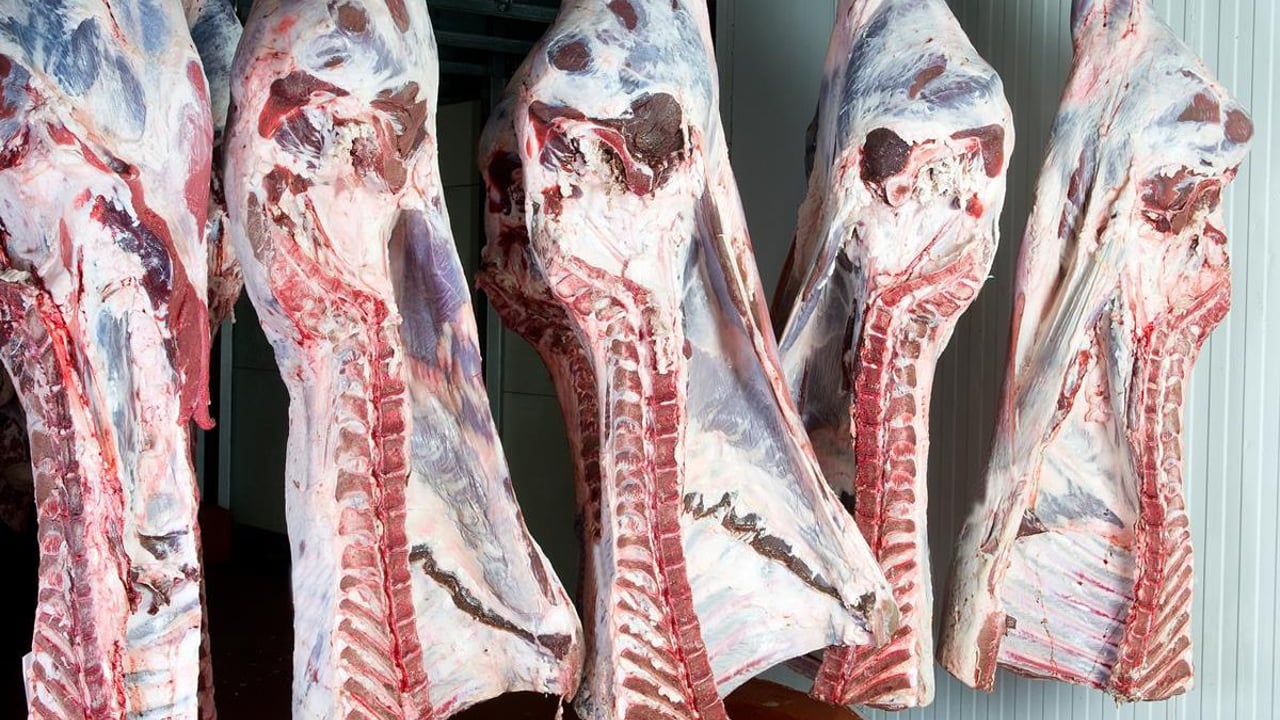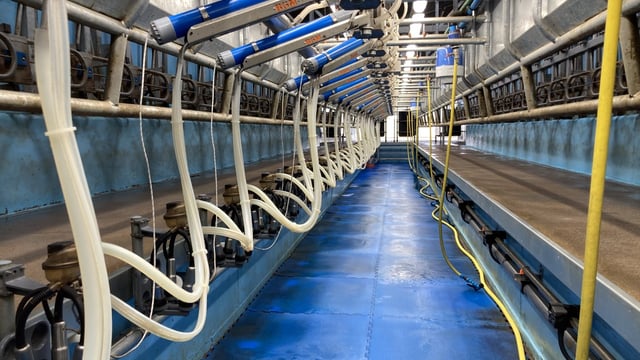Argentina lifts 50-year live export ban
Argentina's government has announced it will lift the country's 50-year live export ban on the trade of live cattle, amid soaring global demand for its beef trade.
The original ban was self-imposed by the 1973 government in a bid to protect the domestic market and stabilize fluctuating prices, however, this decree was officially overturned by Argentina's current president, Javier Milei on Wednesday, February 24.
This decision is in keeping with Milei's fleet of deregulation measures, aimed at opening up the country's economy, after succeeding to power in October 2023.
The policy repeal was confirmed by Argentina's Minister of Deregulation and State Transformation, Federico Sturzenegger, who said the decision would open up the country's livestock sector to a host of new markets.
"The export of cattle is an active and important market in the world. Most cattle-producing countries (92 in total) allow it and the world's biggest beast is Australia, whose ships can carry 30,000 heads of cattle, from which it supplies the Asian market," Sturzenegger said in a post on X.
"Australia, France and Canada each export more than $1 billion of live cattle every year and in our region, Uruguay exports 250,000 heads per year and Brazil 750,000.
"Live cattle are also important because they are a product sought after by societies that have particular slaughter methods - Turkey, for example, does not slaughter castrated animals. Excluding us from these markets is nonsense," Sturzenegger added.
The US Department of Agriculture projected Argentina's beef exports to reach a record 860,000t in 2025, however, this figure is likely to be even greater, following the ratification of the controversial Mercosur deal, which will boost export trade to the European Union.





